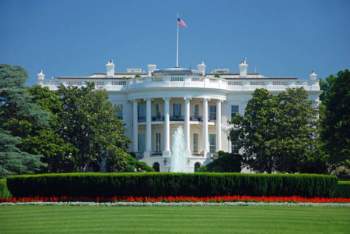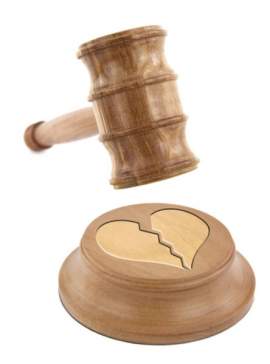
Article 1 of the Constitution

Popular In Constitution
Purpose Of Lifetime Appointment And Pros And Cons Enumerated Powers Bicameral Legislature Background Article 3 Of The Constitution We The People 1st Amendment Who Wrote The Constitution Judicial Review Equal Protection Clause 5th Amendment 10th Amendment Three Fifths Compromise
The Constitution of the United States of America is where the United States Federal Government derives its power. The Constitution is considered to be the supreme law of the United States. The first three Articles of the Constitution define what was to become the three branches of Government in the United States, with each addressing each branch. The First Article of the Constitution provides for the structure of the Legislative Branch. It also delineates the powers and responsibilities that the Legislative Branch is to have.
The First Article is divided into ten sections,
each addressing aspects of the Legislative Branch in terms of composition,
member eligibility, and duties. Article I establishes Congress, which is to
become the ruling body of the Legislative Branch. Congress is a bicameral
legislature, consisting of two Houses, known as the Senate and the House of
Representatives.
The legislative process requires that both Houses act together, for any procedure requires approval of both. Congress, as it is constructed in the First Article, is a deviation from the Congress of Confederation that was set up by the Articles of Confederation in 1781. The Congress of Confederation was a unicameral legislative body that had minimal authority when compared to the power granted to the States. The reason that this structure was implemented was out of the fear and prevention to allow a central body of government to maintain all the power and authority, thus creating for the possibility of a tyrannical government.
After the
American Revolution, an oppressive and all-controlling government is exactly
what the United States wanted to avoid. However, a unicameral legislative
branch proved to be ineffective. The Constitution's First Article would call
for a bicameral legislature, in which each House would have specific and unique
powers and authority in order to maintain a balance.
The House of Representatives, also referred to as
the lower House of Congress, was created to provide for representation in the Federal
Government that would be proportional to each state's population. For example,
California currently has the highest population in the United States, and
therefore, has the most representatives in House with 53 representatives. The
House of Representatives is to be comprised of no more than 435 members, with
each state having at least one representative.
The presiding
officer of the House of Representatives is the Speaker of the House, who is
elected by the other members. The Constitution allows for the specific powers
to initiate revenue bills, the authority to impeach officials, and elect the
President of the United States in case there is a discrepancy or stalemate in
the Electoral College. However, the most important power granted to the House
by Article I of the Constitution is the ability to pass legislation at the Federal
level which will have effects on the nation as a whole. However, bills must
also be approved by the Senate and the President before being enacted into
law.
The United States Senate, which is also known as
the upper House of Congress, is also implemented with the idea of allowing for
state representation at the Federal level. Unlike the House of Representatives,
however, representation is not contingent upon population numbers of each
state.
In the Senate, each state is represented by two senators. The leader of the Senate is called the President of the Senate, but is actually also the Vice President of the United States. However, the Vice President does not have the authority to vote on matters unless there is a tie in the polling process.
Article I of
the Constitution grants certain powers to the Senate which are not given to the
House. Generally speaking, it is considered for the Senate to be more
prestigious because of the fact that there are less members and offers for more
deliberative decisions. The Senate has the power to approve treaties as a
condition for ratification, as well as the approval of Federal officials, such
as Cabinet secretaries, Federal judges, military officers, and other Federal
uniformed officers. The Senate also has the power to try Federal officials that
are impeached by the House of Representatives.
Another important factor of the First Article of
the Constitution, besides creating and enumerating powers for Congress, is that
it also implements limits of power of the States. The States are explicitly
prohibited from making their own money, taxing goods from other states, and
entering into treaties, alliances, or confederations. The States are also not
allowed to create their own navies nor enter into war. It is also addressed in Article
I of the Constitution that any limits placed on Congress, such as suspension of
habeas corpus, titles of nobility, and ex post facto laws, are also prohibited
to the states.
NEXT: Article 1 of the Constitution





















